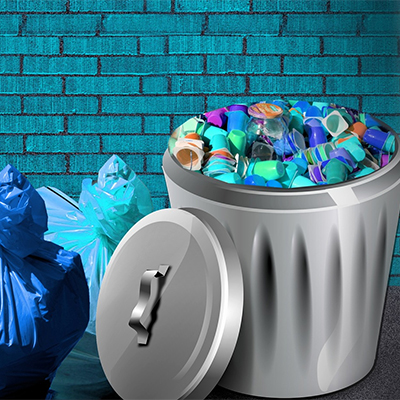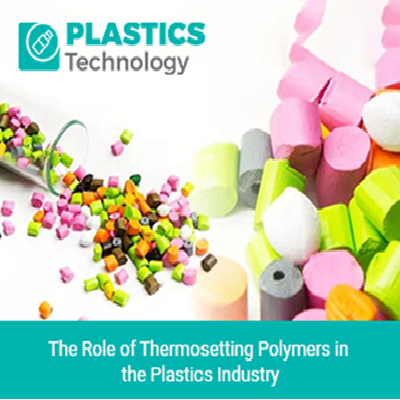The Powerful Environmental Solution Offered by Plastics

Plastic is a well-established material that needs no introduction. It is a substance which is melted, then sequentially moulded into a new form to create a perfect and practical object that can help around the house or in the workplace. Yet, the way plastic is being manufactured is changing.
Now, a large amount of this material is being recycled and reconstituted – and it’s creating a cleaner and less polluted industry.
Every industry is having to consider its carbon footprint, thanks to both governmental and public pressure.
The Global Landscape
Major retail outlets Tesco and B&Q have reduced their carbon footprint by a sizeable sum, while large companies like DuPont have seen ballooning profits thanks to cutbacks in their carbon output.
Placing the issue at the fore in the past decade have been agitprop documentaries like Al Gore’s An Inconvenient Truth and a rise in ethical companies like Lush. Yet some political campaigners claim that work to help the environment has moved too slowly.
Environmental expert and writer Naomi Klein has postulates in her book, The Shock Doctrine, that the needs of capitalism will always usurp those of the environment. Her solution – shut down the free market and create a system based on the conservation of energy.
Not all campaigners are quite so outspoken, but there’s little denying that Klein has a point.
Battle Lines
Smog lines the streets of major cities. In California, the Hollywood sign is barely visible thanks to the pollution that hangs in the air. In Japan, large numbers of the population wear gasmasks to protect their lungs from the noxious gases all around them. In the UK, fracking is being pushed by the government despite protestations from numerous organisations.
The battle lines for the environment have been drawn, with the world’s governments and companies on one side and the general population on the other.
Where Plastics Figure
Within the realm of the plastics industry, recycling is making some headway in addressing the problems of the environment.
According to the CIWM Journal, “significant improvements have been made by local authorities, the recycling industry and the wider supply chain towards achieving a circular economy for plastics.
“This includes a sharp increase in recycling of plastic packaging (up more than 50% since 2009), the introduction of mixed plastic collections by the majority of local authorities (up to an estimated 67% in 2014/15) and light-weighting by brands and retailers.”
Improvements and periphery tools are helping matters.
Adhesives from companies like Tensor, which manufactures marine glue and joinery glue as well as adhesives for plastics, have helped keep wastage low once plastics are reconstituted. And that’s only the tip of the iceberg.
The Plastics Recycling Show Europe (PRSE) is dedicated to figuring out how plastics can continue on their path towards sustainability – while not compromising cost for the consumer.
Creating a sustainable economy on recyclable plastics is a process which takes tact and time. Although other industries might not be able to manage it, plastics are heading in the right direction.



